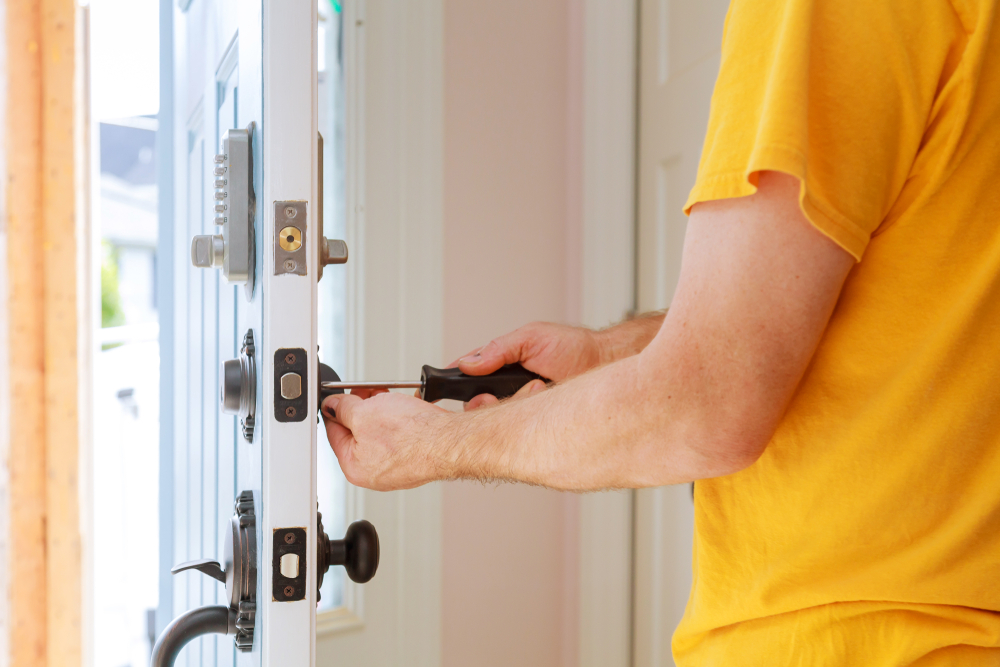
If a tenant has violated the terms of their lease, the landlord must go through the court process to evict the tenant. They are not allowed to take matters into their own hands, regardless of what the tenant has or has not done. If they do, the tenant may be able to successfully sue the landlord for damages.
Self-help eviction is when the landlord does something on their own to effect an eviction without going to court. The tenant has a legal right to due process before the court orders the eviction. Even if the tenant has clearly broken the lease, they must still be allowed to have their say before they are evicted. When the court issues an eviction order, it is carried out by the sheriff as opposed to by the landlord.
Here are some examples of things that could be considered self-help eviction:
If the landlord engages in self-help eviction, the tenant could obtain significant damages. The landlord could be responsible for damages to the tenant’s possessions and their costs to find a new residence. The landlord could even be ordered to pay emotional distress damages. If the violation was bad enough, a court may order punitive damages. Either way, it is a major risk to try to do anything outside the legal process.
If you are involved in a landlord/tenant dispute, the attorneys at Naples & Spence can help. We represent both landlords and tenants. You can reach out to us online or call us today at 904.657.7117.